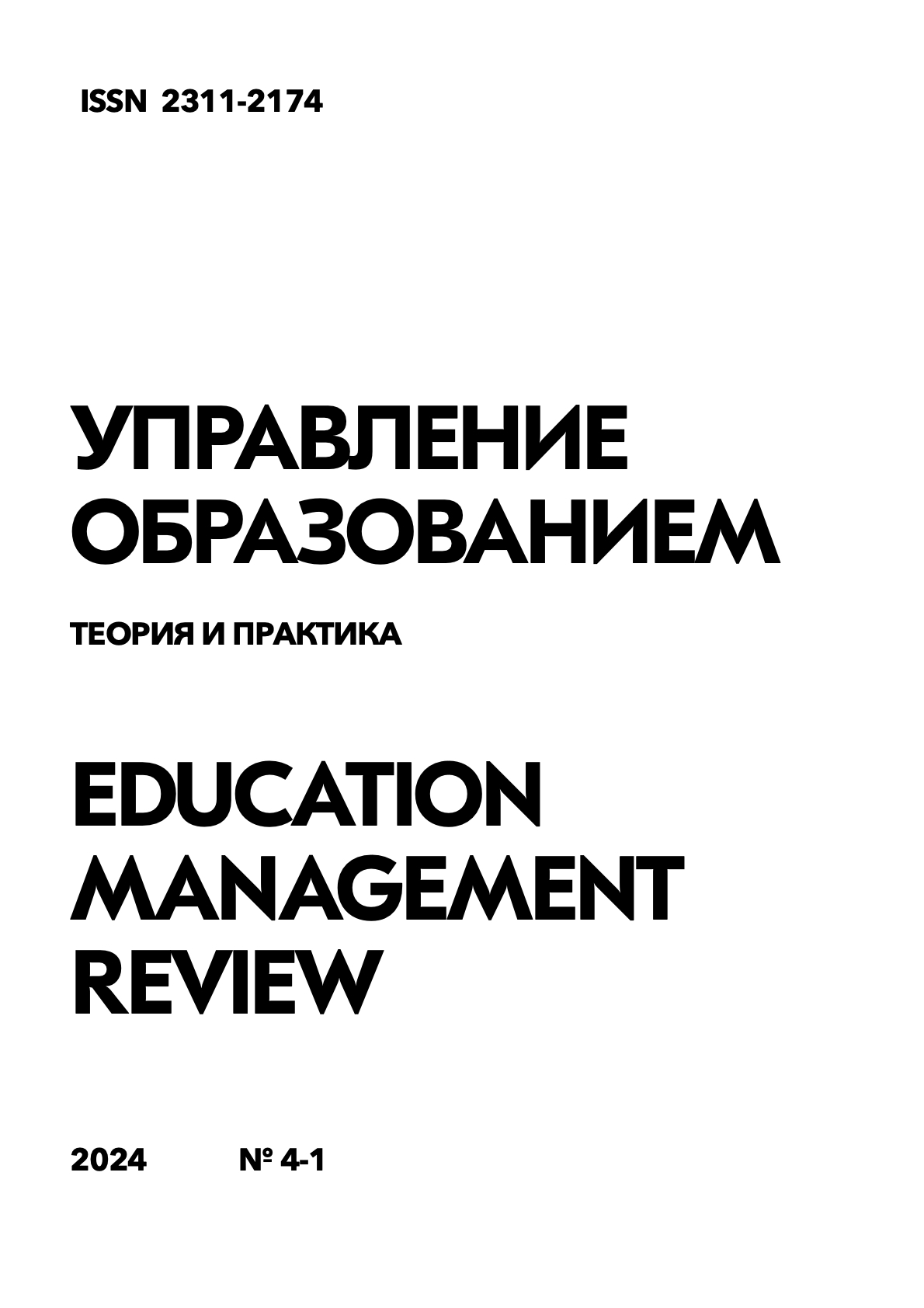The concept of studying the reception of Russian classics in modern foreign literature in the context of higher education
Keywords:
russian classical literature, reception, modern foreign literature, intertextuality, higher school, education managementAbstract
This article presents the results of a study of the reception of Russian classics in modern foreign literature in the context of higher education. The relevance of this topic is due to the need to understand the role of Russian classical literature in the world literary process and its influence on the formation of aesthetic and ideological attitudes of modern foreign writers. The purpose of the study is to identify the peculiarities of perception and interpretation of the works of Russian classics in the context of modern foreign literature and to identify effective methods of studying this issue within the framework of the educational process in higher education. Russian Russian classical literature Materials and research methods include an analysis of literary works by foreign authors of the XXI century, which trace the influence of Russian classical literature, as well as a survey of students and teachers of foreign universities aimed at identifying their attitude to the work of Russian classics and the degree of familiarity with it. The research used methods of comparative historical, typological and intertextual analysis, as well as sociological methods of questioning and interviewing. The results of the study showed that the work of Russian classics such as F.M. Dostoevsky, L.N. Tolstoy, A.P. Chekhov, I.S. Turgenev, etc., still arouses considerable interest among foreign readers and has a significant impact on the modern literary process. In the works of a number of modern foreign authors, in particular, J. M. Kutsee, O. Pamuka, H. Murakami, M. Houellebecq et al., numerous allusions, reminiscences and intertextual connections with the works of Russian classics are found. A survey of students and teachers of foreign universities revealed a high level of familiarity with the work of Russian writers and interest in its further study. At the same time, the study showed the need to improve the methods of teaching Russian literature to foreign audiences, taking into account cultural and linguistic differences.
References
Аристова М.А. Русская литература в мировом литературном процессе: учебное пособие. М.: Флинта, 2017. 248 с.
Бахтин М.М. Проблемы поэтики Достоевского. М.: Советская Россия, 1979. 320 с.
Гачев Г.Д. Национальные образы мира. М.: Советский писатель, 1988. 448 с.
Дима А. Принципы сравнительного литературоведения. М.: Прогресс, 1977. 229 с.
Жирмунский В.М. Сравнительное литературоведение. Восток и Запад. Л.: Наука, 1979. 495 с.
Лейдерман Н.Л., Липовецкий М.Н. Современная русская литература: 1950-1990-е годы: пос. для студ. высш. учеб. зав. В 2-х т. Т. 2: 1968-1990. М.: Издательский центр «Академия», 2003. 688 с.
Лотман Ю.М. О русской литературе. СПб: Искусство-СПБ, 1997. 848 с.
Неупокоева И.Г. История всемирной литературы. Проблемы системного и сравнительного анализа. М.: Наука, 1976. 359 с.
Нусинов И.М. История литературного героя. М.: Художественная литература, 1958. 539 с.
Поспелов Г.Н. Проблемы исторического развития литературы. М.: Просвещение, 1972. 271 с.
Топоров В.Н. Миф. Ритуал. Символ. Образ: Исследования в области мифопоэтического. М.: Прогресс, 1995. 624 с.
Bock I. Chekhov on the german stage. Cambridge: Cambridge University Press, 2010. 308 p.
Dostoevsky and the Twentieth Century. Ed. by M.V. Jones. Nottingham: Astra Press, 1993. 235 p.
Jackson R.L. Dostoevsky and the Modern World // Dostoevsky Studies. 1985. Vol. 6. рр. 115-132.
Maguire M. Stalin's ghosts: gothic themes in early soviet literature. Oxford: Peter Lang, 2012. 412 p.
Downloads
Published
How to Cite
Issue
Section
License

This work is licensed under a Creative Commons Attribution-NonCommercial-NoDerivatives 4.0 International License.




